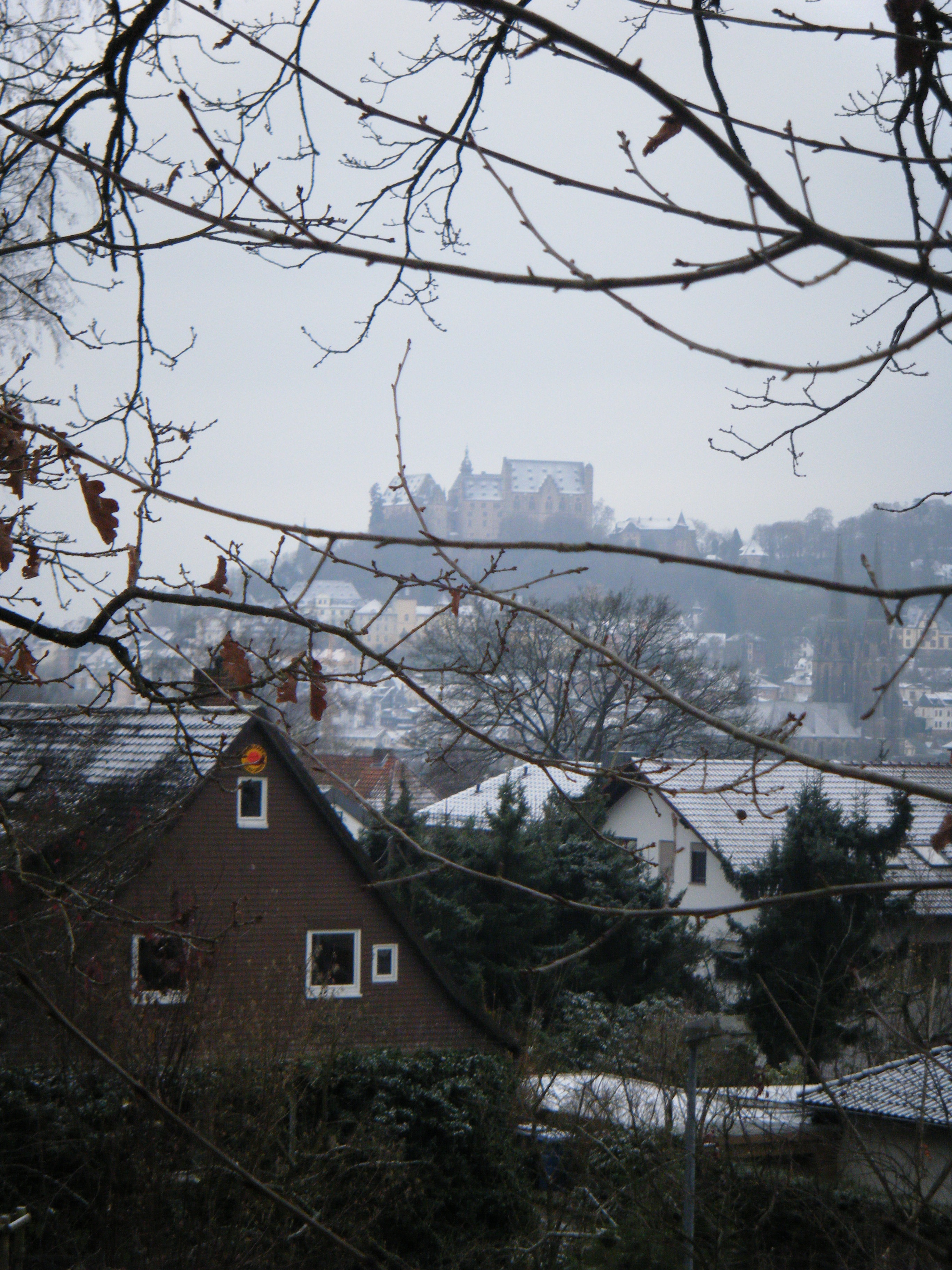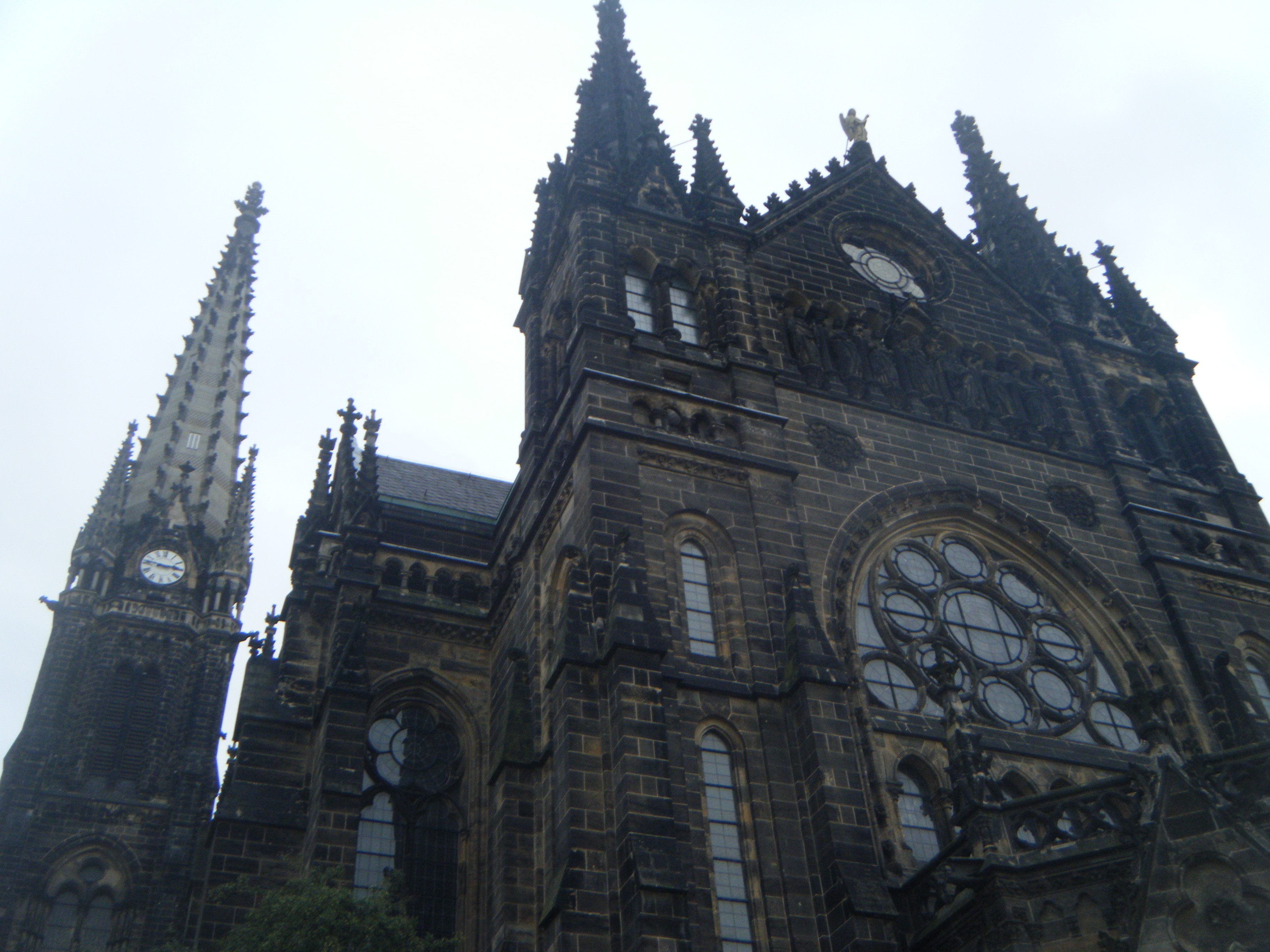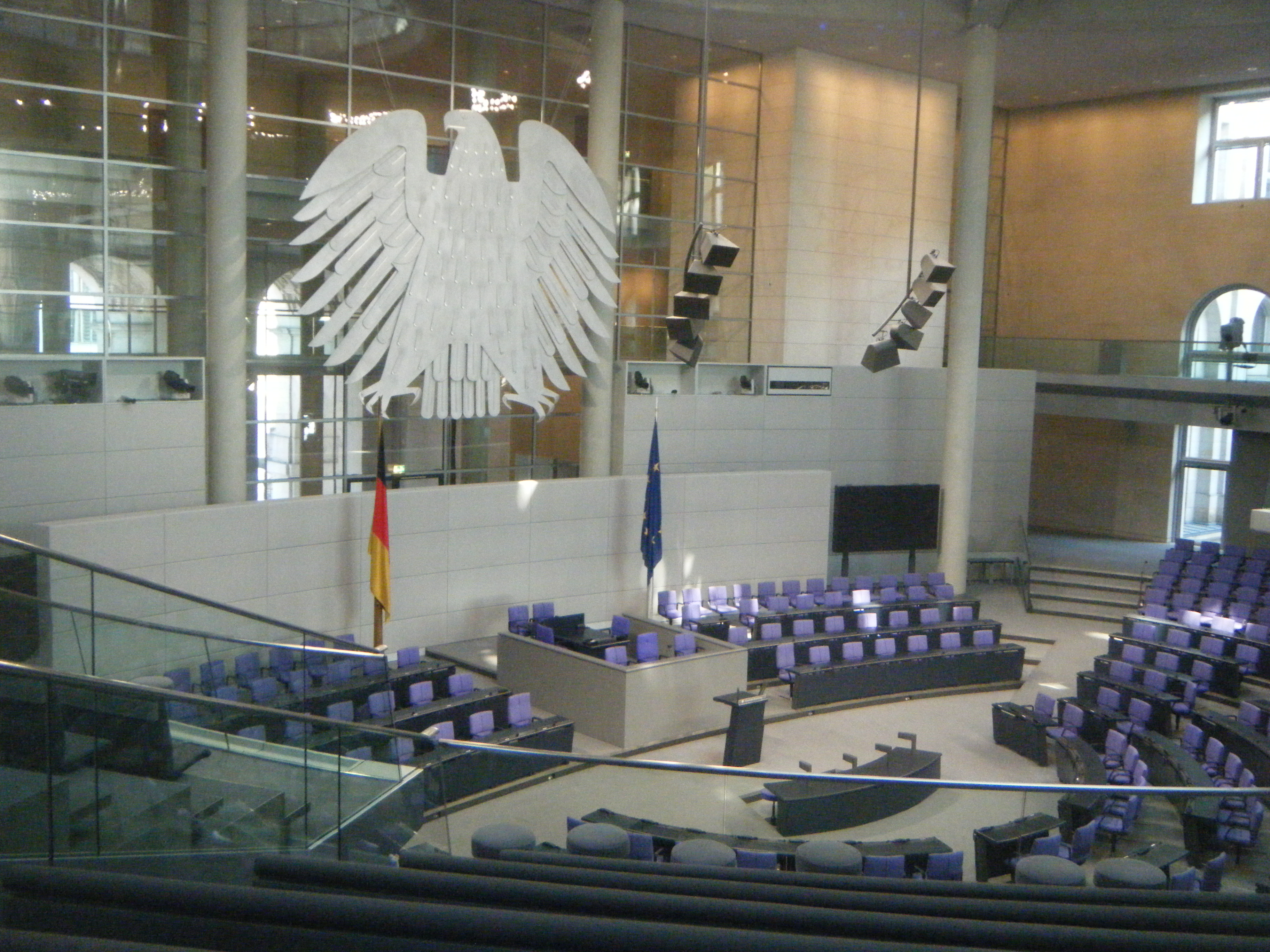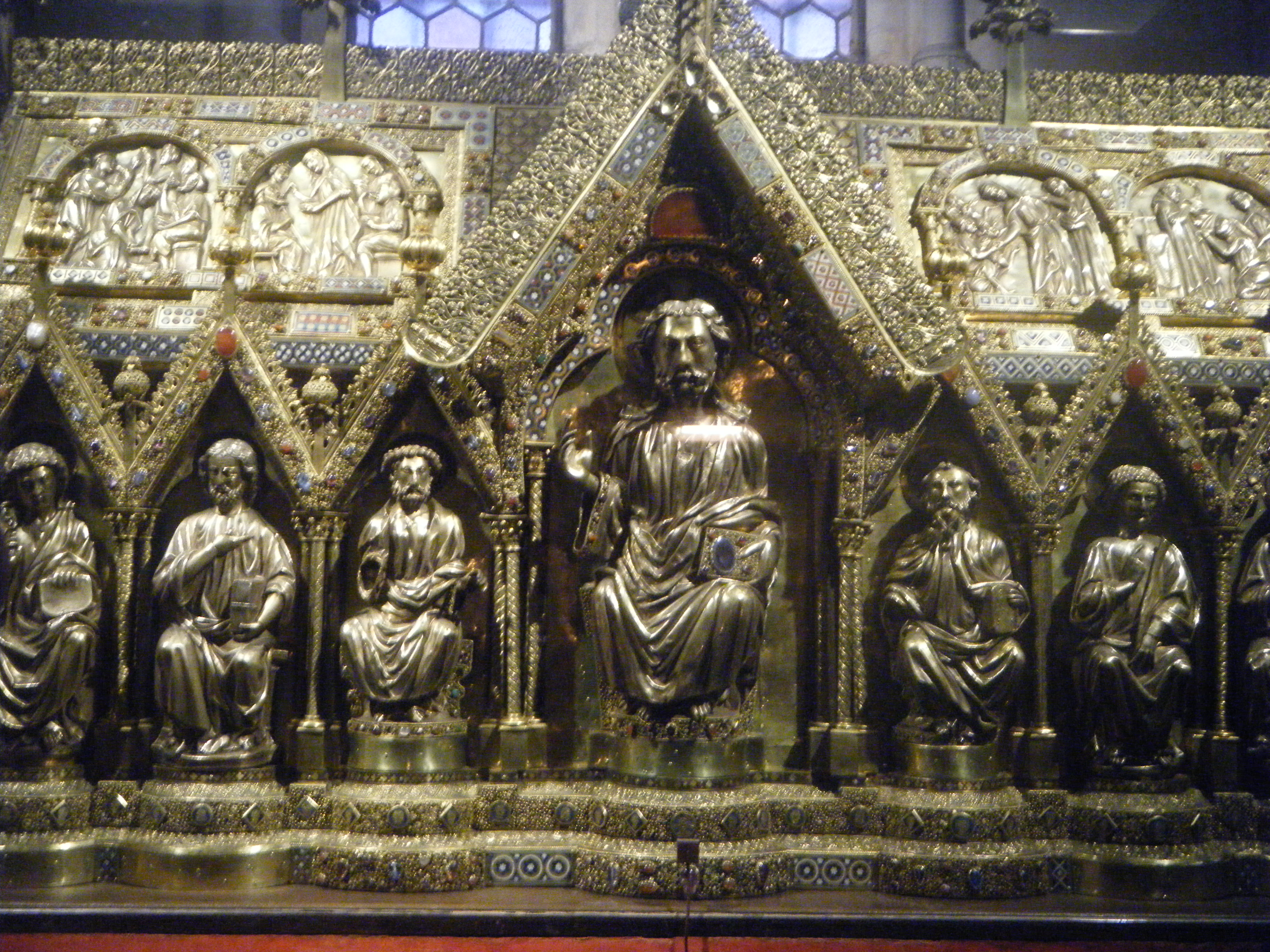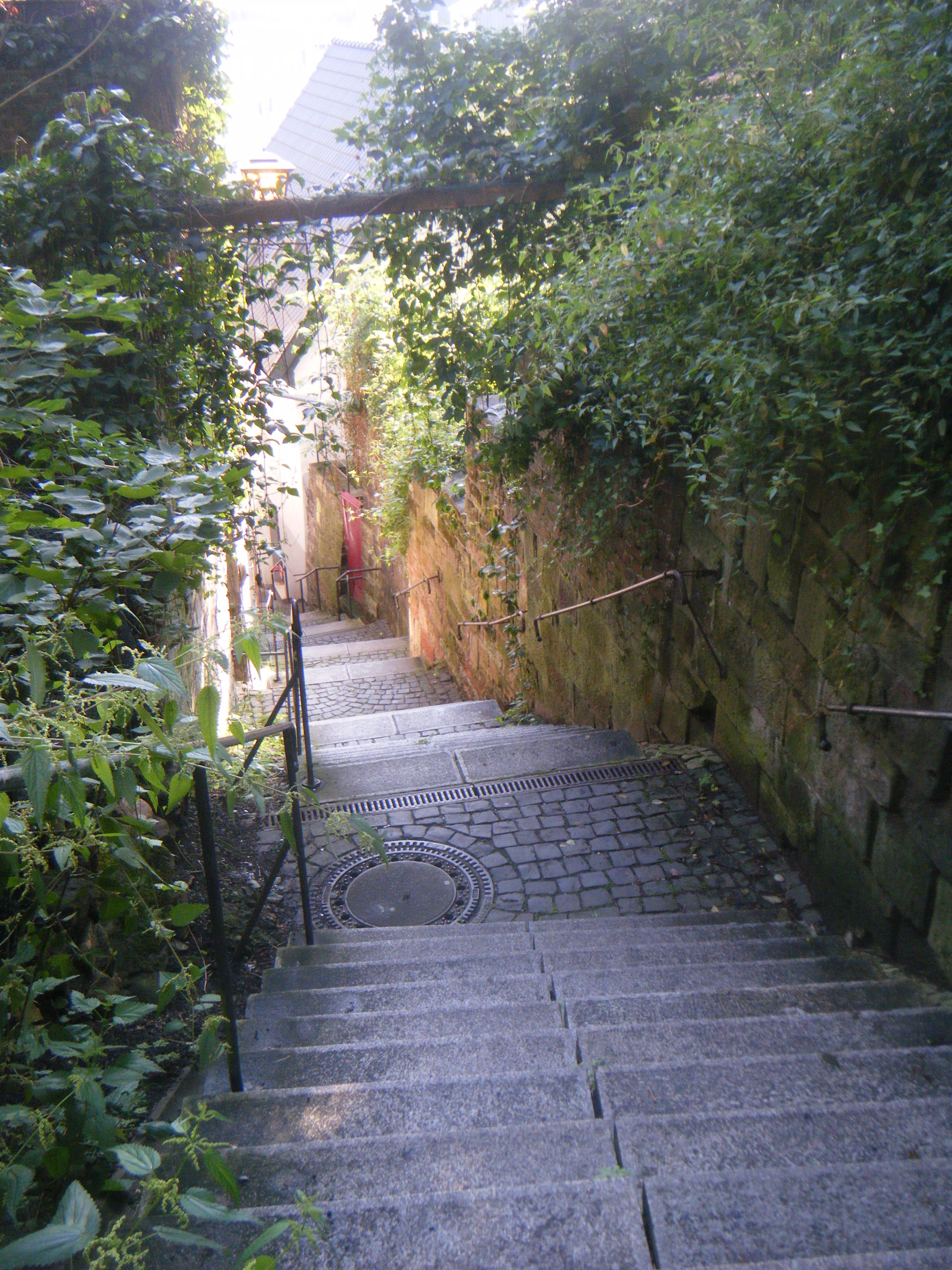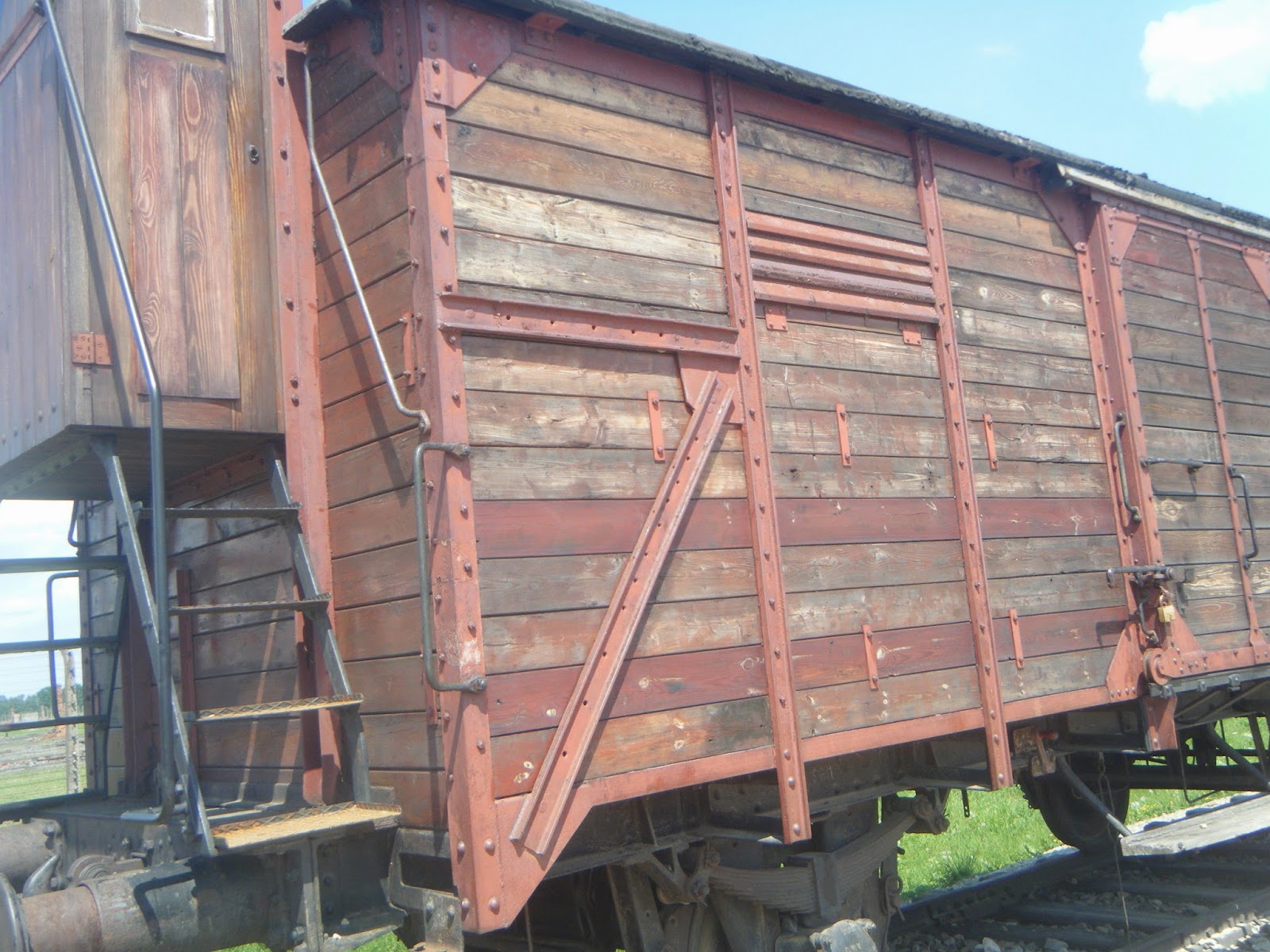My time at Phillips Universität Marburg has been an incredible learning experience. After only four months, this trip is nearing its end, and so I thought that it would be a good time to give some tips to any students considering the International Undergraduate Study Program.
Internet
Although the IUSP website says that almost all dorms have Internet (but that you must be prepared for the possibility of not having it), less than half of our students actually had access to wireless or Ethernet. As a group, we quickly adjusted to this, but it was a challenge for the first few weeks. In order to get online, you have three options:
1. Get an Internet stick. These sticks are USB devices which will connect your computer to the Internet, for a limited amount of data, usually on a per-month basis. I have found Internet sticks to be extremely helpful in the past, especially as they can be brought on weekend trips to give you Internet on-the-go. However, the plans in Germany are very expensive, and some members of our group had sticks that didn’t work. For this reason, I don’t recommend this option.
2. Buy WiFi from a neighbour.As IUSP students are in Marburg for a year or less, buying a Wireless contract is not feasible. Other students have these contracts, though, and will likely let you use their wireless for a small monthly cost. You can leave a note on your fridge if you are looking.
3. Use the wireless elsewhere.In my building, there was no Internet, but a nearby student building had wireless in the entrance area. This is what I used to get online most of the time, as it was both convenient and free. All academic buildings also have wireless Internet, so you can spend the day at the cafeteria or outside a classroom if you prefer. Depending on where you live, this should be relatively straightforward.
Practicing German
During the first 6 weeks in Germany, you will have German classes every day, and these will be hugely beneficial. Afterwards, though, you only have conversation practice twice a week. For this reason, it is necessary to make efforts to practice on your own time.
Get a tandem partner. The university will set you up with a native German-speaker who wants to learn English, and you can practice your German (usually for about an hour a week) with them. I was not aware of this program for a long time, but you can request a tandem partner at any time during your semester abroad. One of the challenges with this system is that many of the German students are already very advanced in English, so it is easy to forget to practice your German. Make sure you set aside some time in which you will speak only English, and some in which you will speak only German.
Note: This doesn’t only work with German! Some of my friends have used tandem partners to practice or learn other languages, too. And you can help a student learn any language in which you have native fluency!
Eating in Marburg
I have talked about this before, but I think that it is very important to know where to get food in Marburg. Our group quickly discovered that there are döner and falafel stands all over town – these provide quick and easy meals, and are open most of the night. However, the best street for finding more varied restaurants is probably Elisabethstraße, the street leading up to the language and international centres. Here, you can find a sushi buffet, Italian food, Indian food, and more. There is also a small Asian Market where you can pick up snacks, curries and other food that you won’t find elsewhere. It looks like a gift shop from the outside, but check it out anyway – you won’t be disappointed.
For basic supplies, any of the local grocery stores will do. Many IUSP students like Edeka, as it is cheaper than the larger REWE, but you will find that REWE has greater variety. In any case, there are stores near the student buildings and all major academic buildings – this is helpful, as you will likely find yourself buying the basics every few days rather than shopping in bulk. The most important piece of advice on this front : plan for Sunday. Absolutely every grocery store will be closed, and while certain restaurants remain open for those of us who forgot to shop on Saturday, you will want to have food at your place. This means planning ahead before you leave for weekend trips.
I definitely recommend the IUSP program to anyone looking to study abroad and learn German at the same time. The atmosphere is great, and the organizers will help you out with anything you need. I will certainly miss my time in Marburg.
